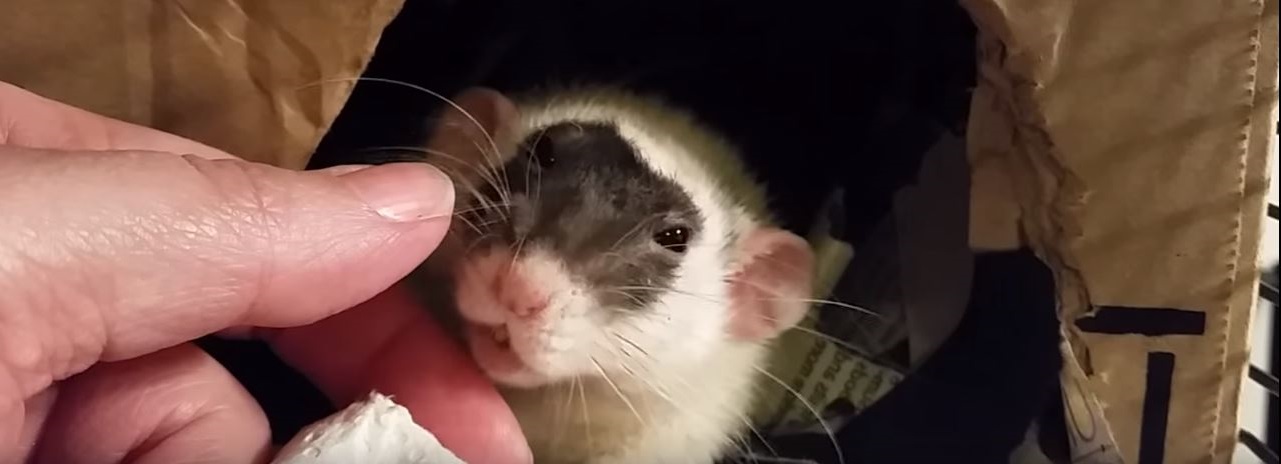Why do rats exist?
While no one can precisely answer the question of “why “rats exist any more than they can tell us why birds or dogs or chimp exist, there is speculation. Rats have existed since prehistoric times. There is evidence that they gnawed on dinosaur bones, and a fossil in South America shows a rodent the size of a small bull! While it is true that their ability to carry and commute diseases, and their highly destructive nature makes them rather undesirable houseguests, you must marvel at their adaptability. Rats can survive in the most adverse conditions. Here are some amazing facts:
Rats belong to the most diverse order of the mammals, rodentia. With over 2,200 species worldwide, they are found on every continent in the world except Antarctica, and can adapt quickly to almost any habitat.
Rats can tread water for 3 days, and survive being flushed down a toilet or drain
Because their bodies are long, flexible, and cylindrical in shape, rats can fit through a space as small a quarter.
The female brown rat can mate as many as 500 times during her six-hour period of estrus (heat). She experiences this state 12- 15 times per year. This means she can be responsible for producing as many as two thousand babies in a one year. A rat matures sexually at age three to 4 months.
A rat’s front teeth (incisors) grow about 5” every year of their life. This is why they must constantly chew on things. Their teeth are so strong that besides soft items, they can gnaw through wood, bone, PVC, glass, concrete, and some metals
Rats are naturally cautious and have been found to have excellent memories. This is why traps often do not work on rats. Older rats remember them… This can also be why poison often fails as well. Rats are suspicious of new foods, because they remember other pack members becoming sick and dying after eating certain things.

Rats can survive on almost nothing. A rat can go weeks without water (longer than a camel!) and if forced to, it will eat its own droppings for the nutritional value. It will also eat other rats that die of starvation.
When you study the rat, it seems that they are not so much fulfilling a need in our ecosystem as they are taking up space in an ecological niche. If not for creatures like the rat, frogs, snakes, birds, or even bacteria would simply evolve to fill the hole that rats currently occupy in the circle of life. Until another species comes along that does a better job of controlling “prey” populations, or learns to reproduce faster, no one is taking place of the rat anytime soon.
Read the How to get rid of rats page for helpful information and to learn more about Why do rats exist?
Why do rats exist?

